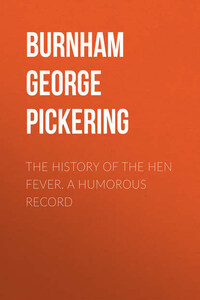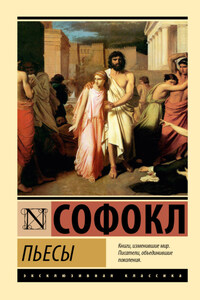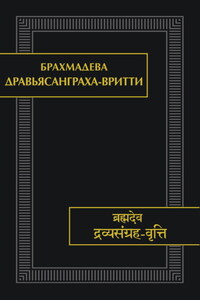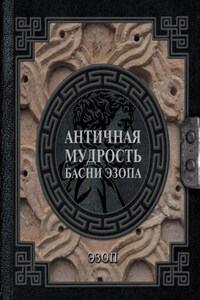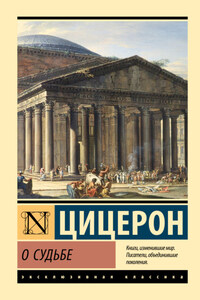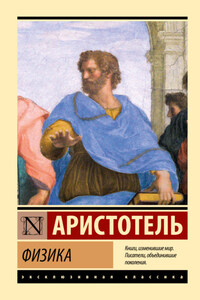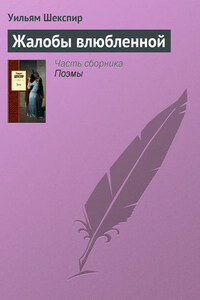In preparing the following pages, I have had the opportunity to inform myself pretty accurately regarding the ramifications of the subject upon which I have written herein; and I have endeavored to avoid setting down "aught in malice" in this "History of the Hen Fever" in the United States.
I have followed this extraordinary mania from its incipient stages to its final death, or its cure, as the reader may elect to term its conclusion. The first symptoms of the fever were exhibited in my own house at Roxbury, Mass., early in the summer of 1849. From that time down to the opening of 1855 (or rather to the winter of 1854), I have been rather intimately connected with the movement, if common report speaks correctly; and I believe I have seen as much of the tricks of this trade as one usually meets with in the course of a single natural life.
Now that the most serious effects of this (for six years) alarming epidemic have passed away from among us, and when "the people" who have been called upon to pay the cost of its support, and for the burial of its victims, can look back upon the scenes that have in that period transpired with a disposition cooled by experience, I have thought that a volume like this might prove acceptable to the hundreds and thousands of those who once "took an interest in the hen trade," – who may have been mortally wounded, or haply who have escaped with only a broken wing; and who will not object to learn how the thing has been done, and "who threw the bricks"!
If my readers shall be edified and amused with the perusal of this work as much as I have been in recalling these past scenes while writing it, I am content that I have not thrown the powder away. I have written it in perfect good-nature, with the design to gratify its readers, and to offend no man living.
And trusting that all will be pleased who may devote an hour to its pages, while at the same time I indulge the hope that none will feel aggrieved by its tone, or its text, I submit this book to the public.
Respectfully,
Russet House, Melrose, 1855.
CHAPTER I.
PREMONITORY SYMPTOMS OF THE DISEASE
I was sitting, one afternoon, in the summer of 1849, in my little parlor, at Roxbury, conversing with a friend, leisurely, when he suddenly rose, and passing to the rear window of the room, remarked to me, with considerable enthusiasm,
"What a splendid lot of fowls you have, B – ! Upon my word, those are very fine indeed, – do you know it?"
I had then been breeding poultry (for my own amusement) many years; and the specimens I chanced at that time to possess were rather even in color, and of good size; but were only such as any one might have had – bred from the common stock of the country – who had taken the same pains that I did with mine.
There were perhaps a dozen birds, at the time, in the rear yard, and my friend (then, but who subsequently passed to a competitor, and eventually turned into a sharp but harmless enemy) was greatly delighted with them, as I saw from his enthusiastic conversation, and his laudation of their merits.
I am not very fast, perhaps, to appreciate the drift of a man's motives in casual conversation, – and then, again, it may be that I am "not so slow" to comprehend certain matters as I might be! At all events, I have sometimes flattered myself that, on occasions like this, I can "see as far into a millstone as can he who picks it;" and so I listened to my friend, heard all he had to say, and made up my mind accordingly, before he left me.
"I tell you, B – , those are handsome chickens," he insisted. "I've got a fine lot, myself. You keep but one variety, I notice. I've got 'em all."
"All what?" I inquired.
"O, all kinds – all kinds. The Chinese, and the Malays, and the Gypsies, and the Chittaprats, and the Wang Hongs, and the Yankee Games, and Bengallers, and Cropple-crowns, and Creepers, and Top-knots, and Gold Pheasants, and Buff Dorkings, and English Games, and Black Spanish and Bantams, – and I've several new breeds too, I have made myself, by crossing and mixing, in the last year, which beat the world for beauty and size, and excellence of quality."
"Indeed!" I exclaimed. "So you have made several new breeds during one year's crossing, eh? That is remarkable, doctor, certainly. I have never been able yet to accomplish so extraordinary a feat, myself," I added.
"Well, I have," said the doctor, – and probably, as he was a practising physician of several years' experience, he knew how this reversion of nature's law could be accomplished. I didn't.
"Yes," he continued; "I have made a breed I call the 'Plymouth Rocks,' – superb birds, and great layers. The – a – 'Yankee Games,' – regular knock-'em-downs, – rather fight than eat, any time; and never flinch from the puncture of steel. Indeed, so plucky are these fowls, that I think they rather like to be cut up than otherwise, – alive, I mean. Then, I've another breed I've made – the 'Bengal Mountain Games.' These are smashers – never yield, and are magnificent in color. Then I have the '
